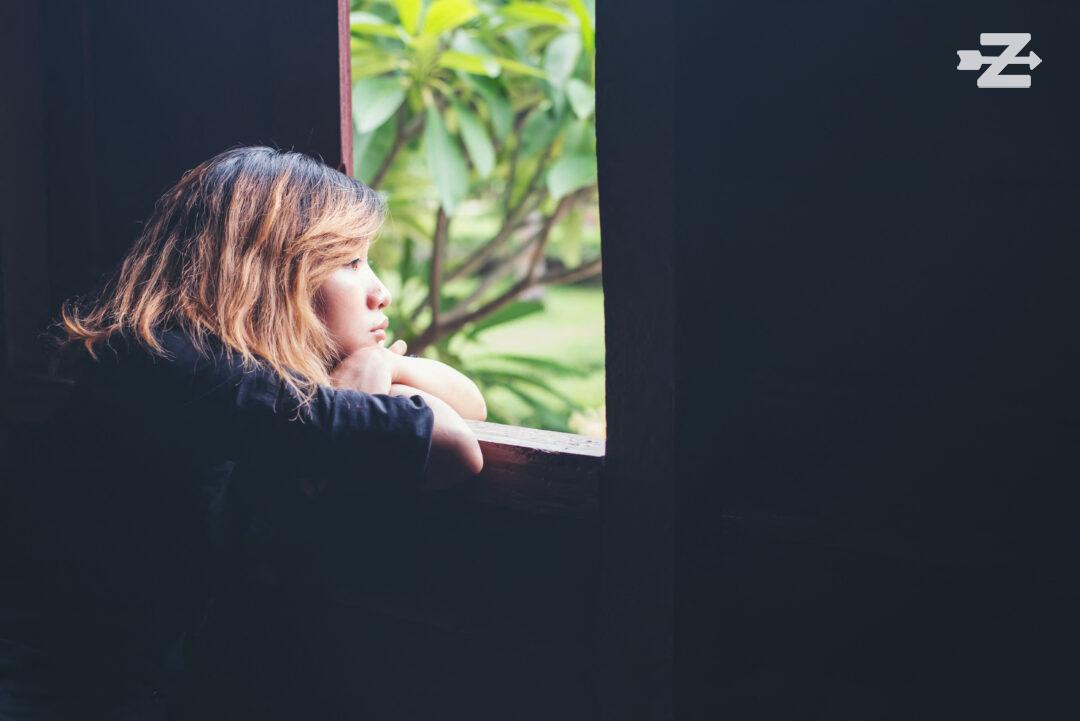On Tuesday, the US surgeon general Dr Vivek Murthy declared loneliness the country’s latest public health epidemic.
Murthy said in an 81-page report from his office that around half of US adults say they’ve experienced loneliness, which poses health risks as deadly as smoking a dozen cigarettes daily, and costs the health industry billions of dollars annually.
Murthy explained to AP this week, “We now know that loneliness is a common feeling that many people experience. It’s like hunger or thirst. It’s a feeling the body sends us when something we need for survival is missing. Millions of people in America are struggling in the shadows, and that’s not right. That’s why I issued this advisory to pull back the curtain on a struggle that too many people are experiencing.”
The declaration is designed to raise awareness, but won’t unlock federal funding or programming to combat the issue.
Americans over the past few decades have become less invested in religious communities, community organizations and even their own family members. Additionally, the number of single households has doubled over the past 60 years.
During the pandemic, the crisis accelerated rapidly, as lockdowns cut people off from each other. During the pandemic, people also cut back their friend groups and reduced time spent with friends. In the surgeon general’s report, they found that Americans spent about 20 minutes a day with friends in 2020. Two decades prior, they averaged 60 minutes a day with friends.
Young people, aged 15 to 24, are being hit the hardest. That age group reported a 70% drop in time spent with friends over the same period.
Loneliness increases risk of premature death by 30%, increasing chances of stroke and heart disease. It also elevates a person’s chances of developing depression, anxiety and dementia.
The surgeon general wants workplaces, schools, technology companies, community organizers, parents and other people to start making changes to connect people again. He recommends that people put down their phones when they’re with friends, and join community groups. He wants employers to think about remote work policies, and for health systems to provide training to help doctors identify health risks of loneliness.
Murthy goes on to suggest that social media is making things worse, and wants technology companies to consider protections for children around their social media behavior.
Murthy explained, “There’s really no substitute for in-person interaction. As we shifted to use technology more and more for our communication, we lost out on a lot of that in-person interaction. How do we design technology that strengthens our relationships as opposed to weaken them?”



